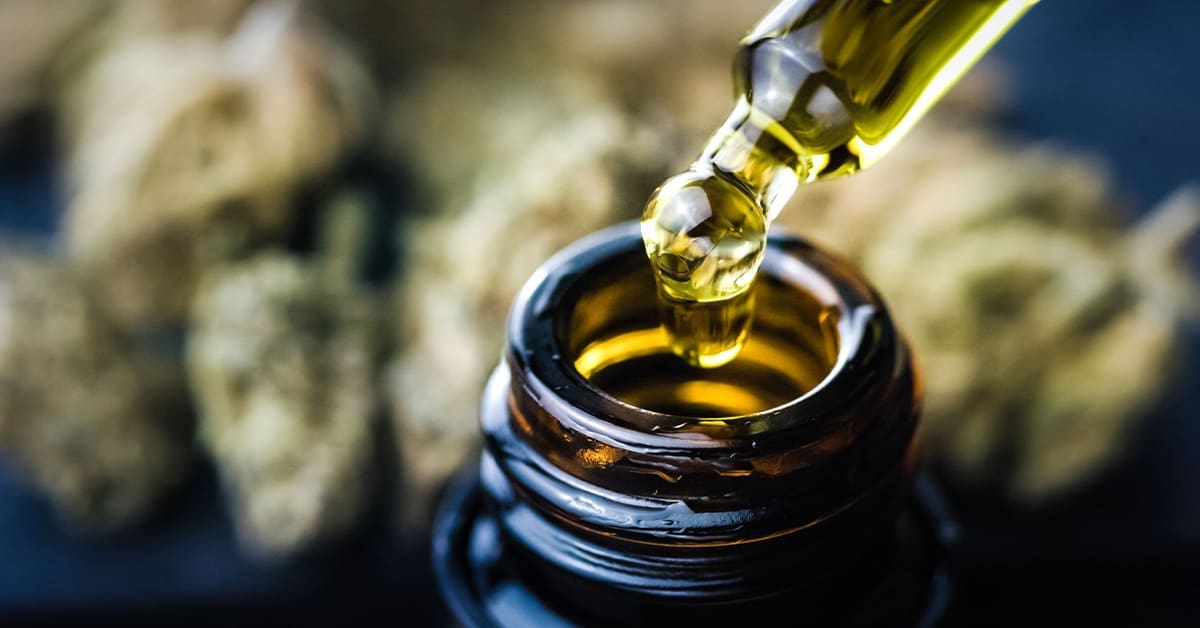Myth 2: Does Smoking Cannabis Lead to Lung Cancer?
Introduction
Misconceptions around medicinal cannabis continue to persist and cloud its potential benefits. Today, we turn our attention to the second myth: ‘Smoking Cannabis Will Give You Lung Cancer.’ By diving into the latest scientific studies, we aim to separate fact from fiction and provide a clear, evidence-based understanding of cannabis’s impact on lung health.
Understanding the Effects of Smoking Cannabis
While it’s well-known that smoking, in general, carries significant health risks, it’s crucial to distinguish between the administration method and the substance consumed. When cannabis is smoked, combustion releases harmful substances like Polycyclic Aromatic Hydrocarbons (PAHs), Carbon Monoxide, Ammonia, Hydrogen Cyanide, and Nitrogen Oxides [1]. These substances can contribute to respiratory issues, reduce the oxygen-carrying capacity of red blood cells, cause cardiovascular problems, and potentially increase the risk of cancer development.
Nonetheless, attributing the development of lung cancer directly to smoking cannabis remains controversial. Some studies suggest that smoking cannabis does not increase the risk of lung cancer [2]. A study led by Luke Murtha et al. set out to understand the impact of cannabis and tobacco smoking on lung health by using chest CT scans[4]. Results showed higher rates of emphysema, bronchial wall thickening, bronchiectasis, and mucoid impaction in cannabis and tobacco smokers compared to non-smokers. These findings suggest that airway inflammation and emphysema are more common in cannabis smokers, but the limitations in the study design call for further research. There was no mention of lung cancer in this study
The Rise of Vaporisation
Healthier and more effective methods of consuming cannabis, such as vaporisers, are now available. These devices heat cannabis to a temperature that extracts THC, CBD, and other cannabinoids without producing the harmful toxins generated during combustion. In a sense a vaporised flower is boiled not burnt. A study by Ashton E et al. explored the factors influencing vaporisation behaviour among medical cannabis users [5]. Participants reported perceived health benefits, better suitability for medical conditions, and even its potential in promoting tobacco cessation.
A separate study by Gieringer found that vaporisers could convert a higher percentage of available THC into vapour compared to traditional smoking methods [3]. Further evidence from an in vitro validation study by Lanz C et al. underscores the importance of reliable, temperature-controlled vaporisers for the safe and efficient administration of medicinal cannabis [6].
Conclusion
While cannabis smoking has been associated with airway inflammation and emphysema, the direct link between smoking cannabis and lung cancer remains unclear. Emerging technologies like vaporisers provide safer consumption methods, offering the medicinal benefits of cannabis without the risks associated with smoking. As always, we encourage our patients to make informed decisions about their health, backed by the latest scientific findings.
References:
- Moir, D., Rickert, W. S., Levasseur, G., Larose, Y., Maertens, R., White, P., & Desjardins, S. (2008). A comparison of mainstream and sidestream marijuana and tobacco cigarette smoke produced under two machine smoking conditions. Chemical Research in Toxicology, 21(2), 494-502.
- Pletcher, M. J., Vittinghoff, E., Kalhan, R., Richman, J., Safford, M., Sidney, S., Lin, F., & Kertesz, S. (2012). Association between marijuana exposure and pulmonary function over 20 years. Journal of the American Medical Association, 307(2), 173-181.
- Gieringer, D. (2001). Cannabis “Vaporization”: A Promising Strategy for Smoke Harm Reduction. Journal of Cannabis Therapeutics, 1(3-4), 153-170.
- Murtha, L., Szucs, B., Bhargave, G., Wood, B., & Subramaniam, R. M. (2020). Chest CT Findings in Marijuana Users. Journal of the American College of Radiology, 17(1), 45-51.
- Ashton, E., Naidoo, V., Baker, A., & Whitehead, D. (2019). A qualitative analysis of cannabis vaporization among medical users. Drug and Alcohol Review, 38(7), 797-806.
- Lanz, C., Mattsson, J., Soydaner, U., & Brenneisen, R. (2016). Medicinal Cannabis: In Vitro Validation of Vaporizers for the Smoke-Free Inhalation of Cannabis. PLoS ONE, 11(1), e0147286.








